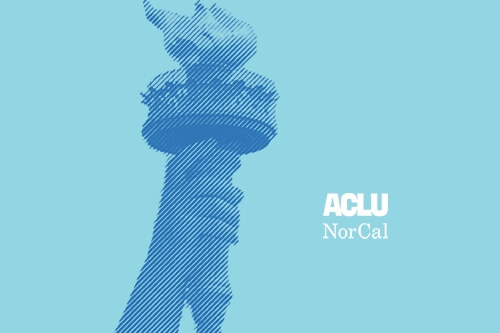Fair Housing Council of San Fernando Valley v. Roommate.com
Page Media

An expanded eleven-member panel of the Ninth Circuit has issued an important, en banc decision in a case raising important questions about the intersection of the fair housing laws with special protections accorded to speech on the Internet. The ACLU Foundation of Northern California filed a friend of the court brief in the case.
The ACLU Foundation of Northern California's brief argues that the Court should hold Roommate accountable for its own actions that violate the fair housing laws but that a federal statute, section 230 of the Communications Decency Act, prevents Roommate from being held liable for the discriminatory postings of its users.
The case began in 2003 when the Fair Housing Councils of San Fernando Valley and San Diego sued Roommate.com, an Internet-based roommate matching service, for violating state and federal fair housing laws. The lawsuit charges that the questionnaire Roommate.com uses results in discrimination based on sexual orientation, gender, and whether or not a person has children. The Fair Housing Councils' complaint also contends that the open-ended comments that users post, describing what they are looking for in a roommate, are riddled with discriminatory language like "Asian preferred," "prefer…white males," "looking for a Christian," "no children please," and others.
Roommate.com argued that the court should dismiss the lawsuit, claiming that section 230 of the Communications Decency Act, which grants immunity to websites for content posted on the site by third parties, protects it from any liability.
Traditional media, like newspapers, are governed by state and federal fair housing statutes and are not permitted to run advertisements that violate fair housing laws; brokers and agents are not permitted to engage in screening or steering. The question presented by this case is how to reconcile section 230 with the nation's fair housing laws.
The ACLU Foundation of Northern California, which has been a staunch supporter of free speech on the Internet and has been involved in several important cases upholding section 230 immunity (Barrett v. Rosenthal), asked the Court to carefully separate content and conduct by Roommate.com from that of the individuals who use its service. We argued that this distinction will allow the court to hold Roommate.com accountable for discrimination without punishing the company for speech by its customers that it cannot control.
Thus the ACLU Foundation of Northern California brief argued that Roommate.com is not entitled to section 230 immunity if its questionnaire violates the fair housing laws. That is because Roommate.com, not its users, is the author of the questionnaire. We also argued that Roommate.com cannot claim section 230 protection for its own discriminatory conduct in the way in which it provides users with email notifications of potential housing opportunities.
However, section 230 prohibits Roommate from being charged with liability for the discriminatory comments posted on the site by its users. Over the past 10 years, section 230 has played a pivotal role in enabling ISPs, websites, and blogs to provide a forum for the speech of others. While we abhor the discriminatory posts at issue here, if we undermine the protection provided by section 230, the risks of costly litigation and potential liability for what others have said will cause these forum sites to disappear.
The Ninth Circuit's ruling on Roommate's liability reached the conclusions urged by the ACLU Foundation of Northern California brief. It held Roommate is not entitled to immunity for its design of its questionnaire, focusing on the fact that users are required to answer questions resulting in discriminatory responses. Similarly, the court held that section 230 provides no immunity for Roommate's actions in screening listings and limiting email notifications of housing opportunities based on discriminatory criteria. On the other hand, the court recognized that section 230 shields Roommate from liability for the discriminatory statements posted by users in the "Additional Comments" section of the profile page. Finally, recognizing that its decision may have introduced some uncertainty about when a website may be treated as an information content provider—and hence not entitled to section 230 immunity—the court admonished that close cases "must be resolved in favor of immunity." You can read a copy of the court's opinion here.
Learn more:
Kathleen R. v. City of Livermore
